Category Archive: Public Policy
4 Reasons South Lake Tahoe’s Bottle Ban Would Backfire
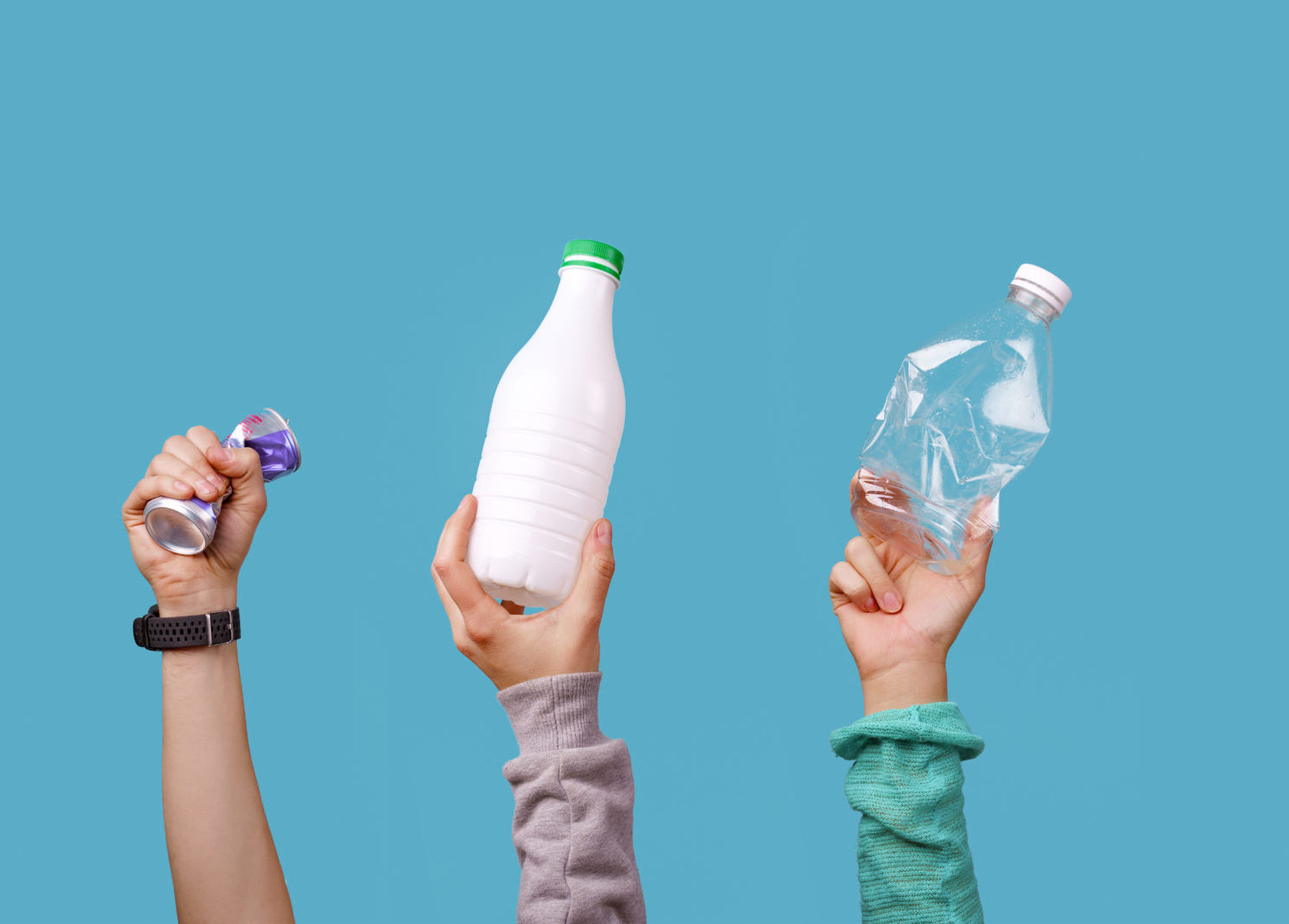
The city council in South Lake Tahoe, California, is considering banning the sale of plastic bottled water. If the ban takes place, flavored drinks and soda bottles – which are made from thicker plastic than water bottles – will still be on the shelves. Supporters of the policy argue that banning plastic bottles will help the planet, but a closer look at the data shows banning plastic could actually backfire and create more of an environmental problem. Here are 4 facts South Lake Tahoe should consider before banning bottled water. 1. Banning Bottled Water Won’t Eliminate Litter. All littering is bad and, in many places,...
Read MorePlastic Is Better for the Planet than 13 of 14 ‘Green’ Alternatives: Study
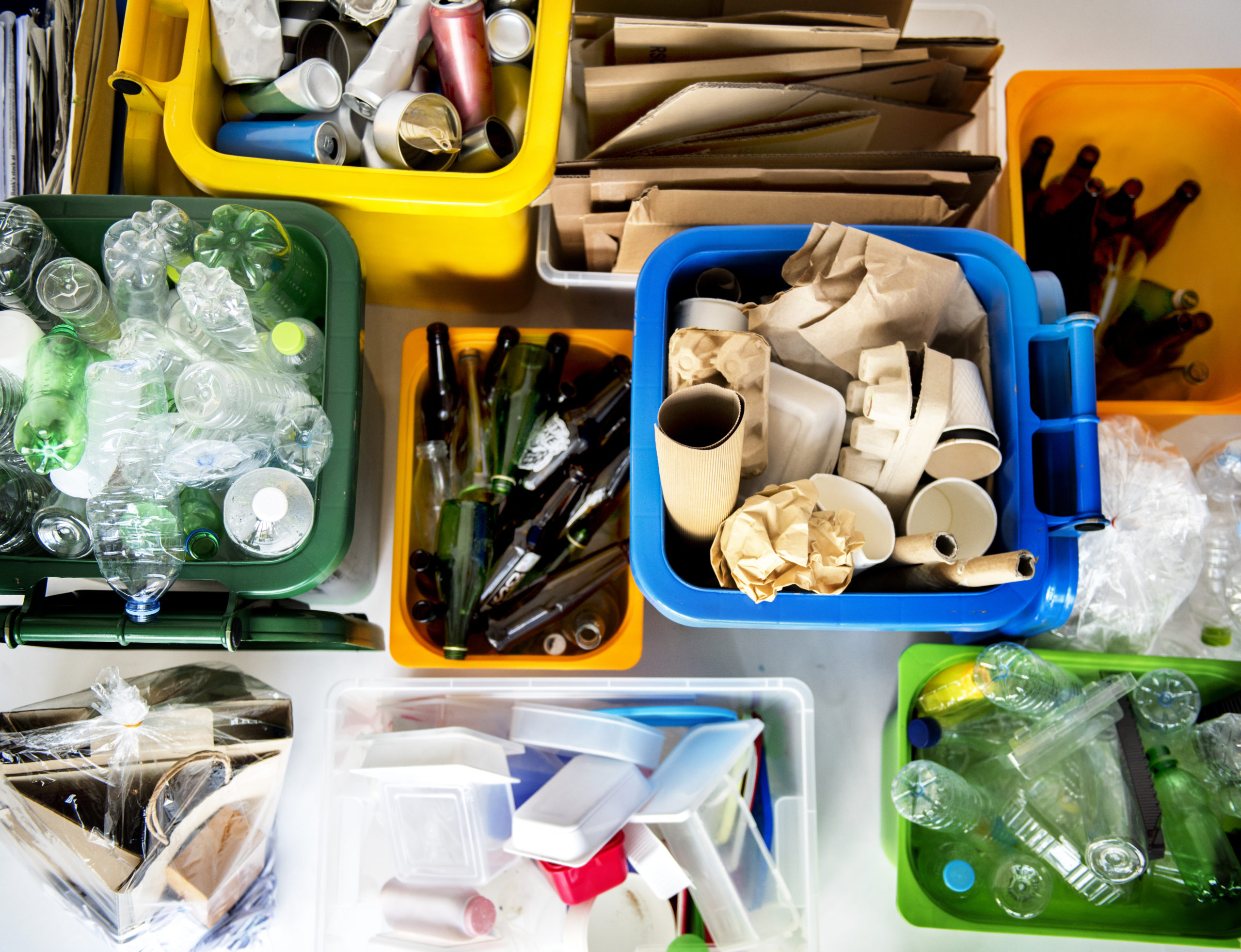
Many environmentalists have called for plastic to be banned. But a new analysis shows that plastic is actually “greener” than alternative materials. A new report from McKinsey and Company found that plastic had a lesser greenhouse gas footprint in 13 out of 14 alternative products the organization tested. Total emissions savings from plastic ranged from 10 to 90 percent in the total greenhouse gas reduction over the lifespans of the objects (from production to the landfill or recycling center). The 14 objects chosen represent 90 percent of all plastic items used in the United States, including bottles, cups, jugs, fabrics, and food...
Read MoreBeach Litter Is on the Decline: Study

Bans on popular consumer products may not be necessary to reduce beach litter, according to a new study. A new report from the Commonwealth Scientific and Industrial Research Organisation, an Australian government research agency, revealed that beach litter has declined an average of 29 percent among Australian beaches. In total, more than 180 beaches were surveyed between 2018 and 2019, 32 of which were compared to beaches that had been studied from 2012 to 2013. Some of the beaches showed a decline as high as 73 percent when compared to previous data. Scientists who conducted the study called the decline in litter –...
Read MoreWill Rushing Production of Solar Panels Protect the Environment?
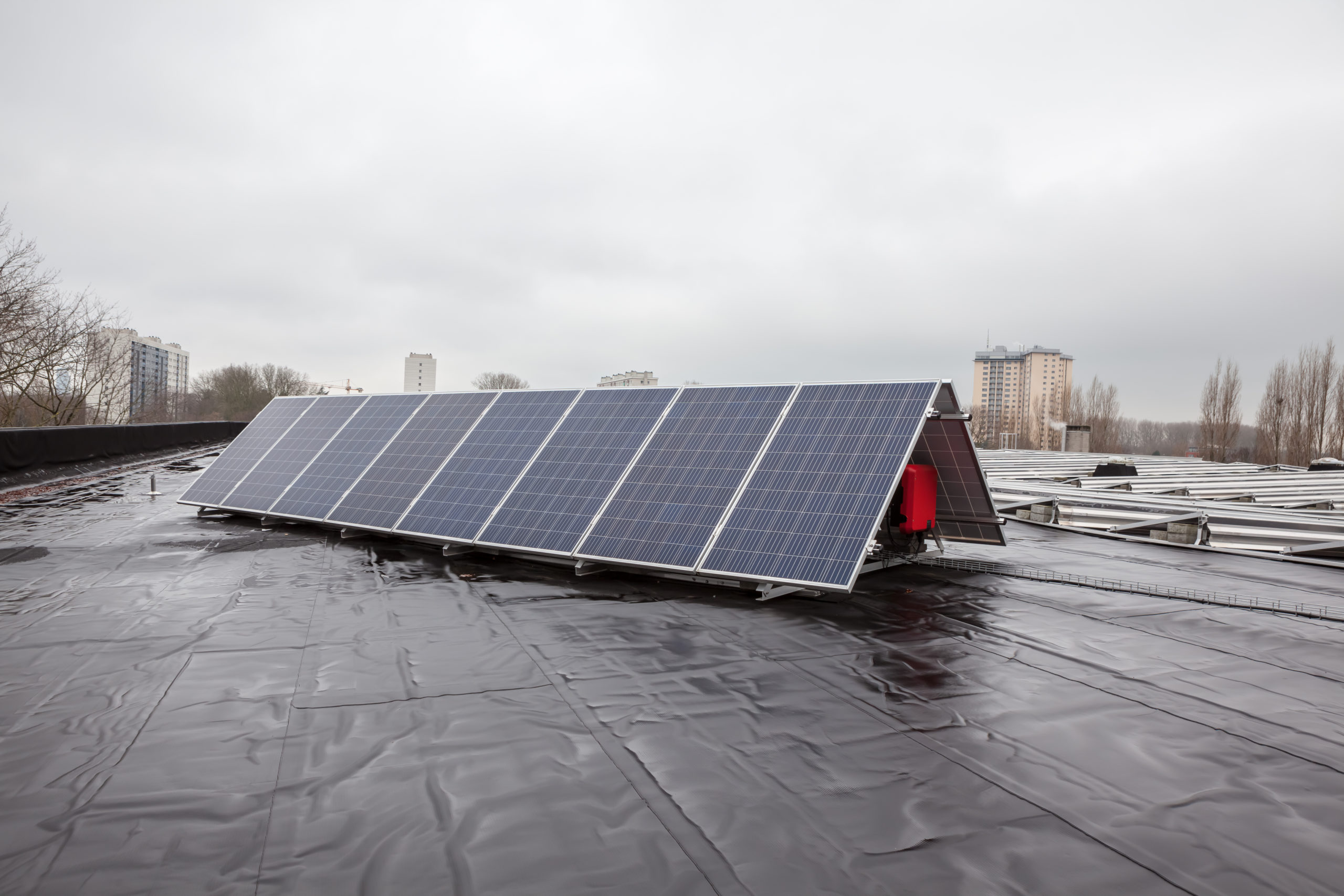
The Biden Administration announced this week that it would be taking two significant steps to expand the supply of solar panels in the United States. First, President Biden invoked the Defense Production Act to increase solar panel production within the country, including the production of associated materials, such as fuel cells and updated transformers. Second, Biden announced that he would be dropping some related tariffs with foreign countries to increase solar panel imports, including Cambodia, Malaysia, Thailand, and Vietnam. China was not included in the list of exempted countries, but critics have noted that several Chinese state-backed producers have relocated to these...
Read MoreNon-Dairy Milk Alternatives Will Not Save the Planet

Recently, Starbucks’ choice to charge slightly more for non-dairy alternatives has drawn protests, including a recent stunt in which Succession and Babe actor James Cromwell glued himself to the counter to demand lower prices. Cromwell argued that Starbucks’ decision to charge upwards of 80 cents for vegan milk options was causing more people to choose dairy and, in turn, destroying the planet. Vegan milk options, including oat, almond, and soy, are more expensive than dairy milk everywhere. The markup Starbucks is using seems to be on par with the markup they use on every product, including the coffee. After all, Starbucks is...
Read MoreNew Column Makes the Case for Low Carbon Plastic Bottles Over Aluminum Cans
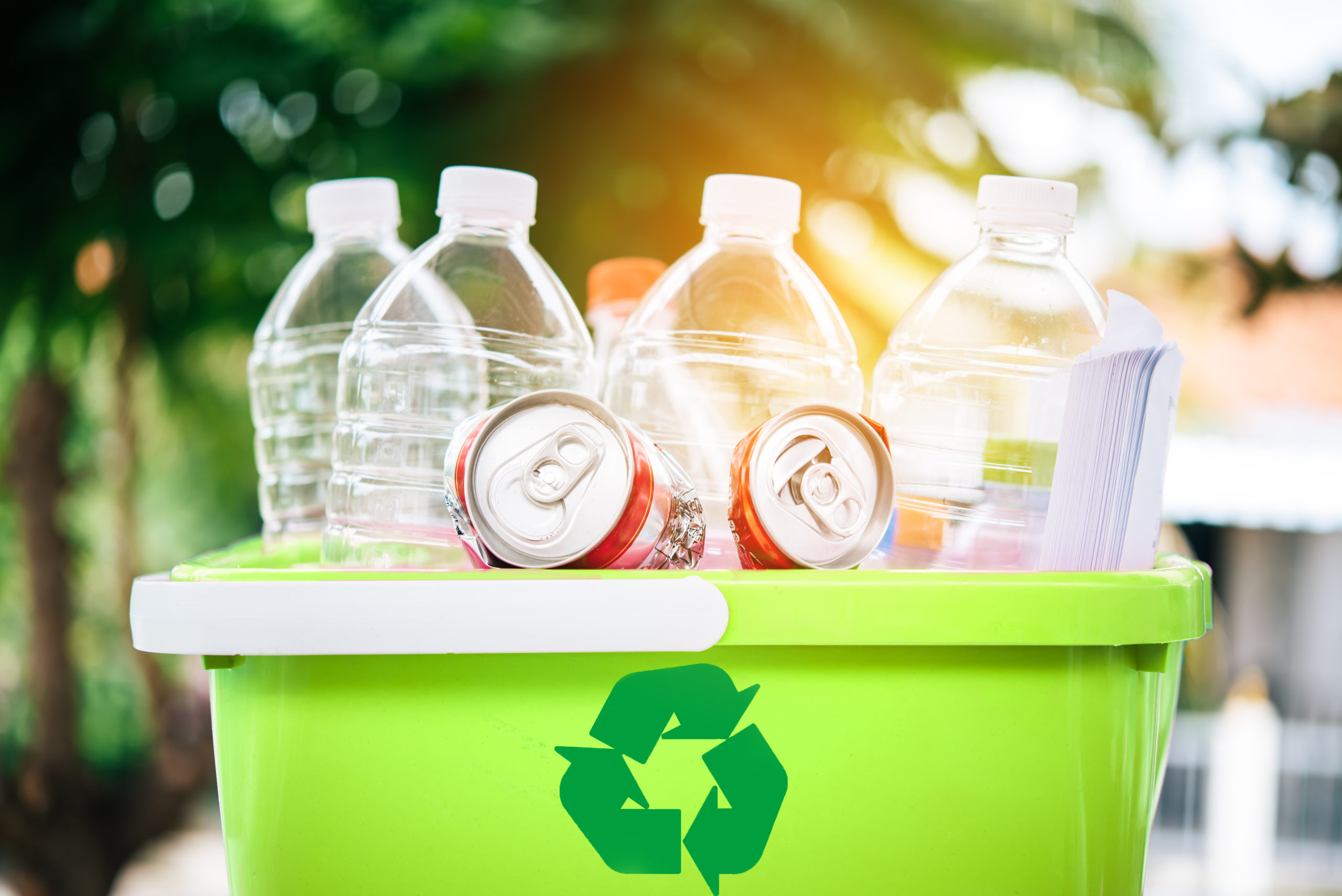
In his first Carbon Column, U.K. author Ellis Hall of FutureNetZero made the case that plastic may have a better carbon footprint when compared to aluminum. Read Hall's full column here. Cans v bottles? After all, we all know about recycling cans and it seems far better than the nasty plastic bottle. I reckon 90% of people would say aluminium cans are better than plastic but is that actually true? Bottled water vs canned water could be debated from many angles, but let’s focus on carbon emissions. During a time when I believed all plastic was bad, I spoke to Harrogate Spring Water,...
Read MoreEnergy Department Invests $6 Billion in Nuclear Despite Sierra Club Tears
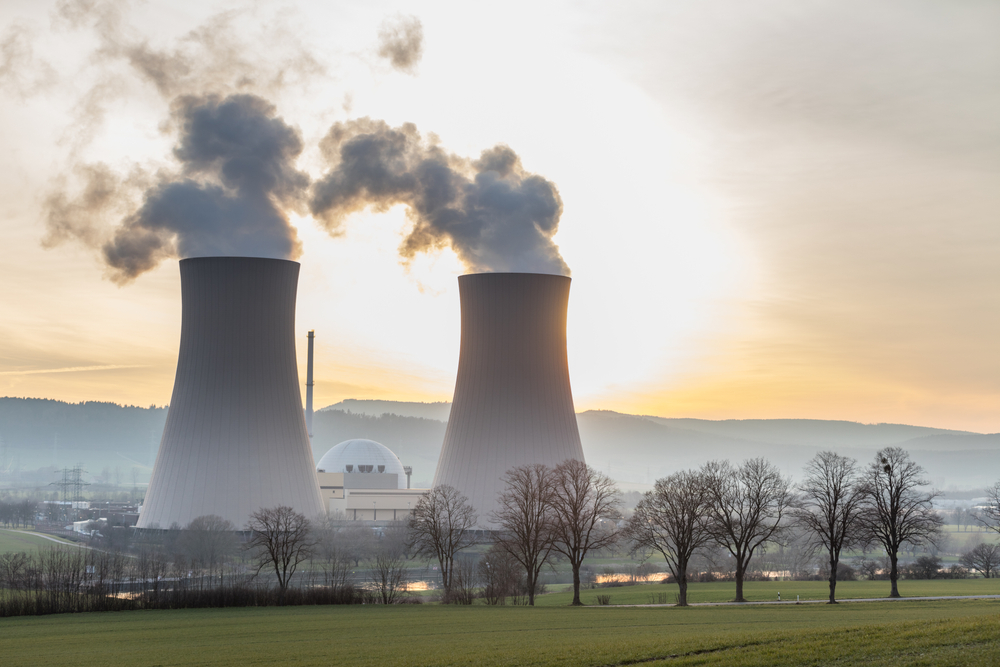
The United States Department of Energy announced a plan to spend $6 billion to rescue nuclear energy facilities that are at risk of closing. Department officials cited the Biden administration’s goal of becoming carbon neutral as the reason behind the hefty investment. “U.S. nuclear power plants contribute more than half of our carbon-free electricity, and President Biden is committed to keeping these plants active to reach our clean energy goals,” Energy Secretary Jennifer Granholm told the Associated Press. “We’re using every tool available to get this country powered by clean energy by 2035, and that includes prioritizing our existing nuclear fleet to allow...
Read MoreStraw Alternatives Continue to Suck
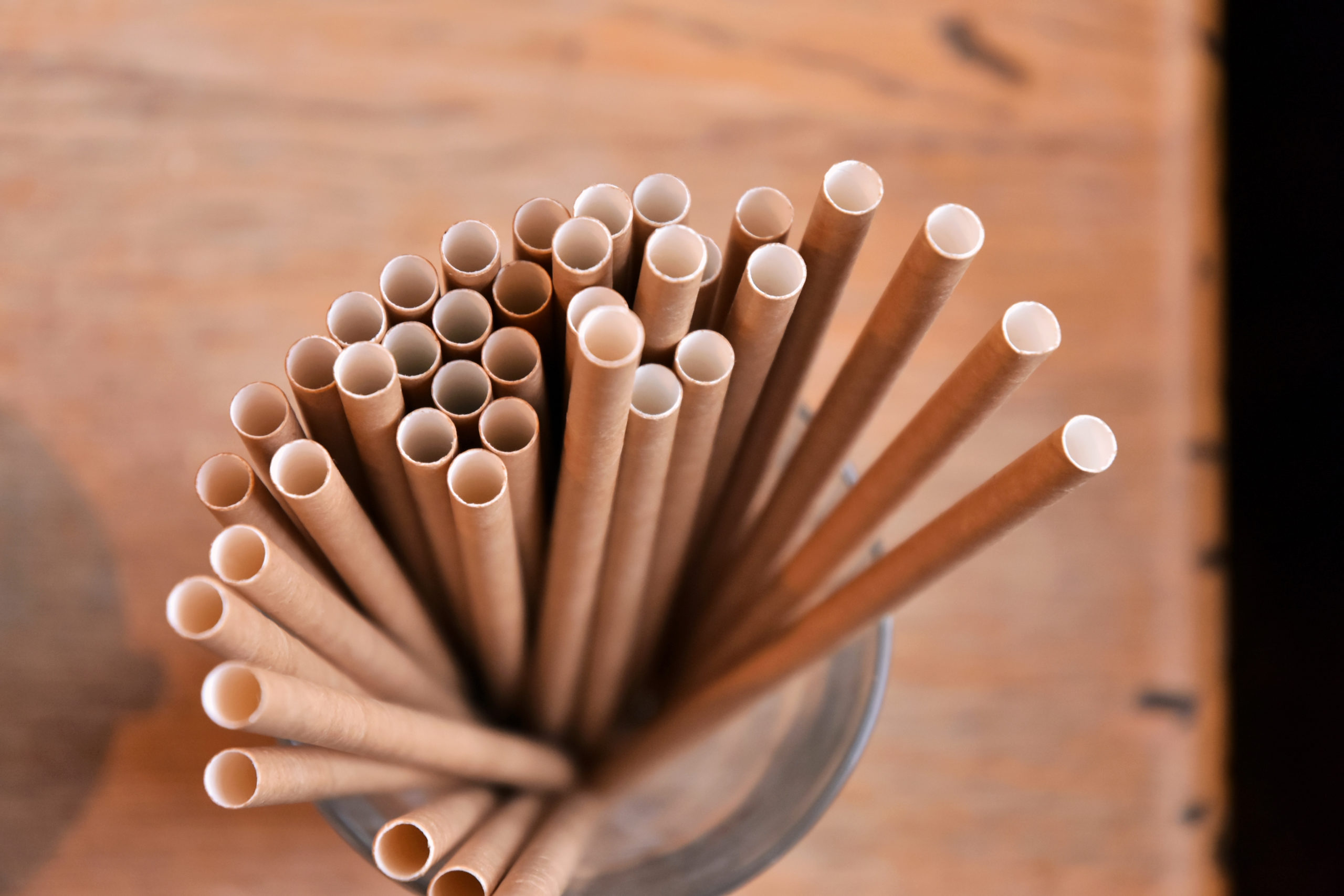
In 2011, a 9-year-old estimated that Americans alone use 500 million straws per day – a figure that would go on to become the basis for plastic straw bans throughout the country. But, it turns out that the 9-year-old overestimated that figure nearly threefold. His terrible math didn’t dissuade environmental activists, however, and in the years since many localities have banned plastic straws. Americans there have been forced to use paper straws or pack their own reusable metal straws. Now, researchers – who have more than a third-grade education – have studied the straw switch and found it was a terrible failure. The...
Read MoreFeds Invest Billions to Address Aluminum Mine Pollution
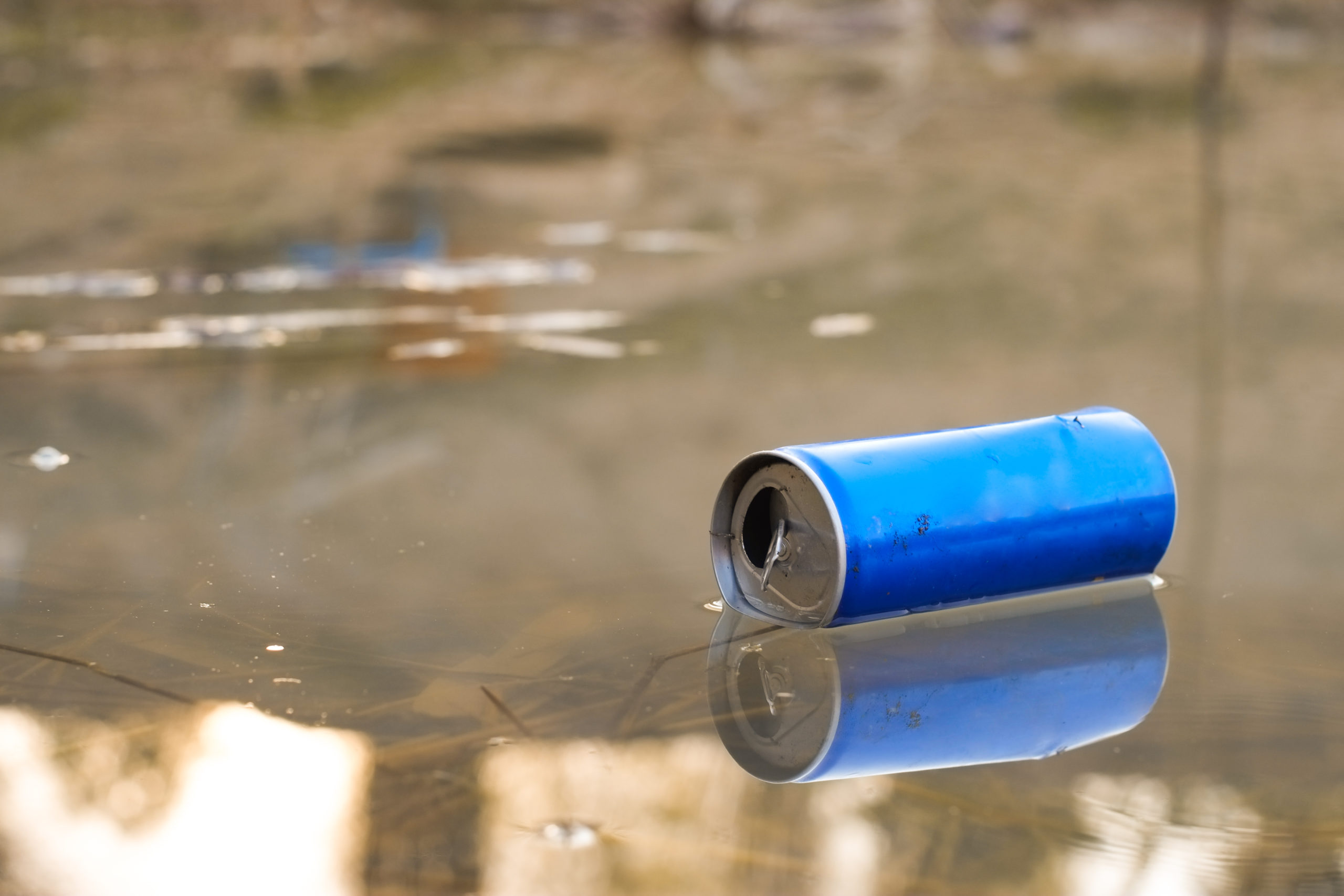
The federal government announced that it would be dolling out an unprecedented $6.4 billion to address the lasting effects of aluminum mining. The clean-up will target the four states that are intersected by the Catawissa Creek: Pennsylvania, Virginia, West Virginia, and Maryland. The creek, which stretches 42 miles, should be bouncing with trout and other wildlife, but instead, it’s lifeless. The animals and plants that would have populated the river were poisoned by the high-acidity water used in coal and aluminum mining decades ago. One conservationist said the Catawissa is “one of prettiest screwed-up creeks east of the Mississippi.” At least 7,346 miles of...
Read MoreThe Great GMO Rebrand
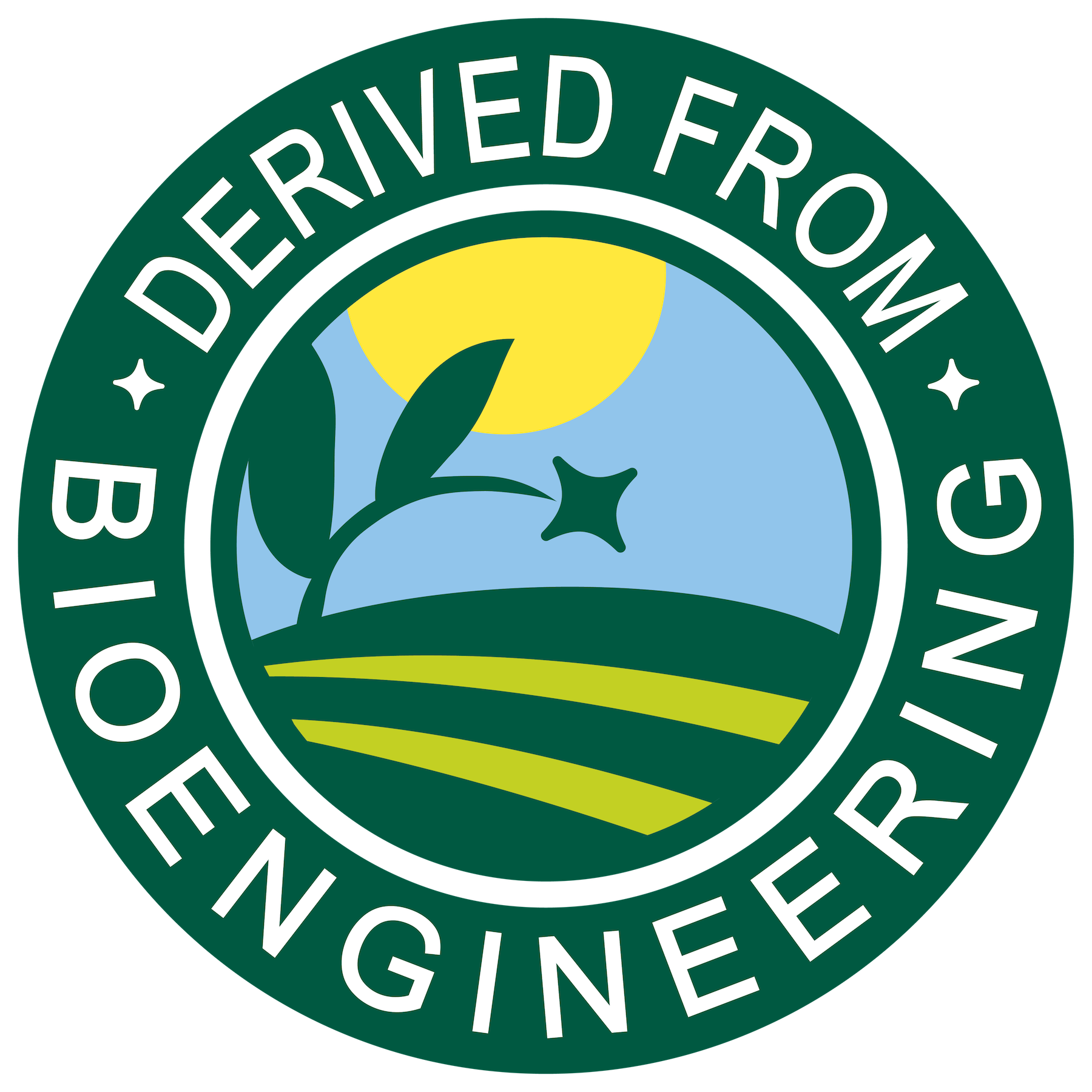
“Bioengineered” is the new GMO – at least on food labels in the United States. Starting this year, the United States Department of Agriculture has required producers to include a “bioengineered” label on any food that has been genetically modified in such a way that natural growth is not possible. The department has commissioned two different labels that state either “bioengineered” or “derived from bioengineering.” While the labels will be new to consumers in 2022, the change has been in the works since 2016 when Congress passed a law requiring the USDA to construct a national benchmark for labeling engineered foods. Sonny...
Read More